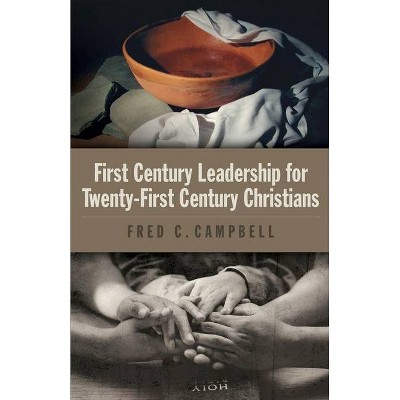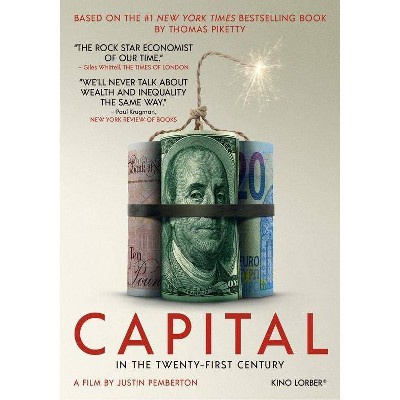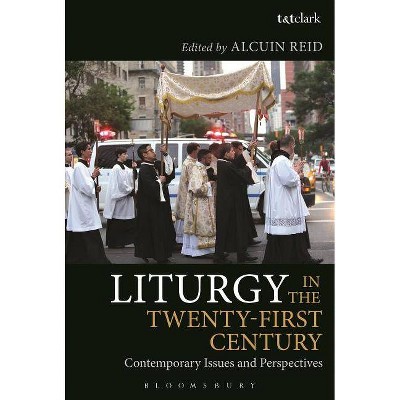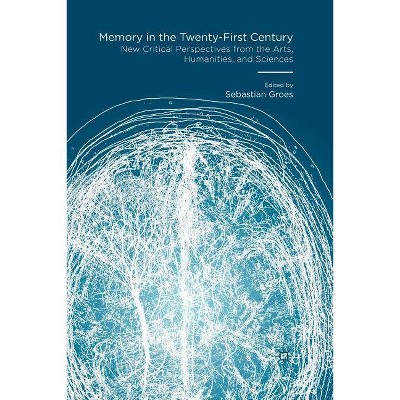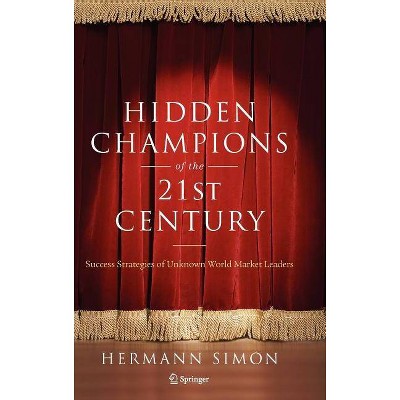The Religious Roots of the Syrian Conflict - (Twenty-First Century Perspectives on War, Peace, and Human C) by Mark Tomass (Paperback)
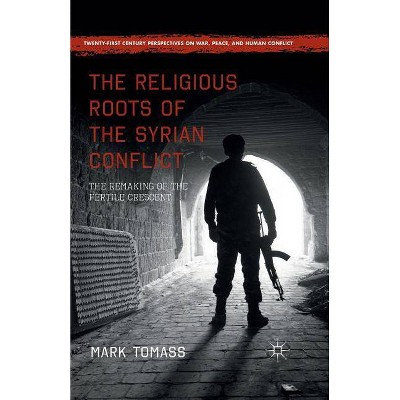
Similar Products
Products of same category from the store
AllProduct info
<p/><br></br><p><b> About the Book </b></p></br></br>"Exploring both the historical origins of Syria's religious sects and their present-day dominance of the Syrian social scene, The Religious Roots of the Syrian Conflict identifies these groups' distinct beliefs and relates how the actions of the religious authorities and political entrepreneurs acting on behalf of their particular sects expose them to sectarian violence, culminating in the dissolution of the nation-state. Mark Tomass employs ethnographic accounts used in anthropology and conceptual tools based in economics to describe the formation of sectarian groups, a multidisciplinary approach which details how the sects have consistently generated civil conflicts within the Fertile Crescent, both before and after the formation of the nation-states of Lebanon, Iraq, and Syria. "--<p/><br></br><p><b> Book Synopsis </b></p></br></br>Explores the historical origins of Syria's religious sects and their dominance of the Syrian social scene. It identifies their distinct beliefs and relates how the actions of the religious authorities and political entrepreneurs acting on behalf of their sects expose them to sectarian violence, culminating in the dissolution of the nation-state.<p/><br></br><p><b> From the Back Cover </b></p></br></br><p>Exploring both the historical origins of Syria's religious sects and their present-day dominance of the Syrian social scene, this book identifies these groups' distinct beliefs and relates how the actions of the religious authorities and political entrepreneurs acting on behalf of their particular sects expose them to sectarian violence, culminating in the dissolution of the nation-state. The author employs ethnographic accounts used in anthropology and conceptual tools based in economics to describe the formation of sectarian groups, a multidisciplinary approach which details how the sects have consistently generated civil conflicts within the Fertile Crescent, both before and after the formation of the nation-states of Lebanon, Iraq, and Syria.</p><p/><br></br><p><b> Review Quotes </b></p></br></br><br>ured successful strategy with regard to the Arab and Muslim region. Reading these pages points both to the need to recognize the justified passing of the democratic nation-state ideal in the region and the possibilities for multi-religious tolerance there, however remote." - Eden Naby, cultural historian and author of The Assyrians of the Middle East: The History and Culture of a Minority Christian Community <p/>"This excellent work examines a wide range of subjects to help general readers understand the complexities of the Middle East. The vision the author offers shows his in-depth acquaintance with general Semitic studies, which allows him to provide the reader with a historical, social, and cultural perspective, thus converting this contribution into a highly rich guidebook for Western readers." - Efrem Yildiz, Professor of Hebrew and Aramaic Studies, University of Salamanca, Spain <p/>"Utilizing a superb systematic approach of material culture and drawing on personal experience, Tomass weaves a well framed and engaging narrative of the Syrian conflict through a multi-disciplinary lens. His theory and analysis of religious/sectarian identity and its role and usage by communities and elites, internally and externally, and throughout the historical continuum of Syrian history, finally elucidates a feasible alternative to the overly simplistic and romanticized assumption of laying the blame solely at the foot of external actors. He grants the people of Syria themselves the agency of possibility but also culpability in the current state of unrest." - Sargon Donabed, Associate Professor of History, Roger Williams University, USA<br><br><p/><br></br><p><b> About the Author </b></p></br></br><p>Mark Tomass is Adjunct Professor at Harvard University Extension School, USA. His research focuses on civil conflict in the Middle East, organized crime, and monetary and credit crises. His writing draws from his experience as a native of Syria and from living through the Lebanese Civil War of 1975-90 and the Muslim Brothers' Revolt of 1976-82.</p>
Price History
Price Archive shows prices from various stores, lets you see history and find the cheapest. There is no actual sale on the website. For all support, inquiry and suggestion messagescommunication@pricearchive.us
